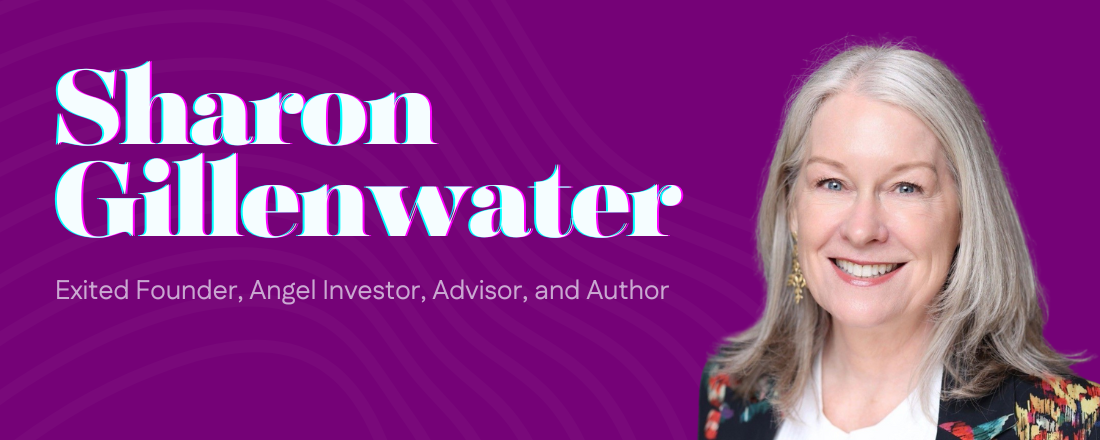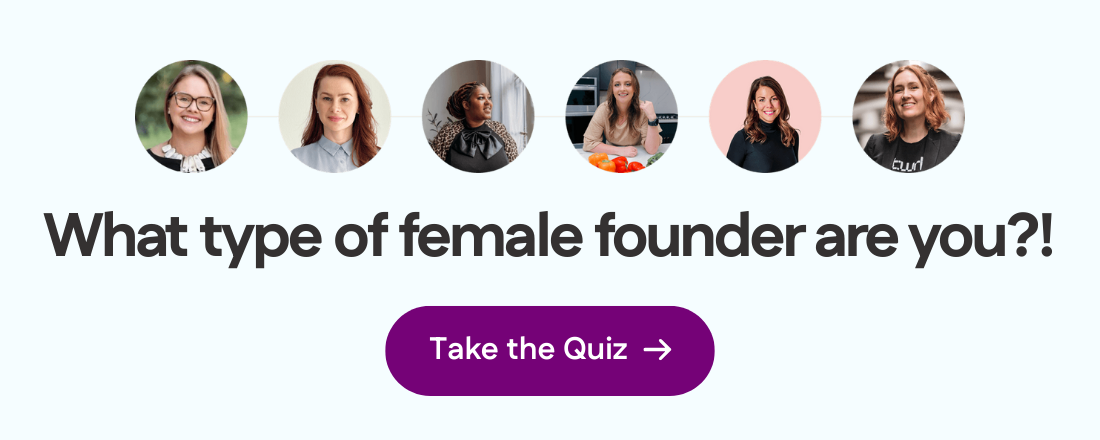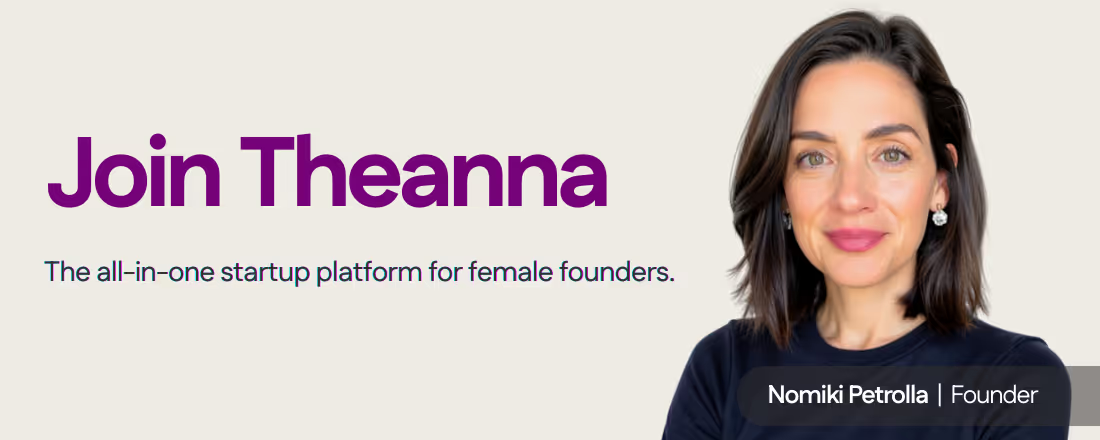
Sharon Gillenwater, non-technical founder of Boardroom Insiders, reveals how she built and sold her B2B SaaS for $25M while keeping $13M by bootstrapping instead of raising venture capital.
Sharon Gillenwater didn't start her first business until age 35, got her first job in business at 30, and calls herself a "late bloomer." Yet she built and sold Boardroom Insiders, a B2B SaaS platform for executive intelligence, for $25 million in 2022 while keeping $13 million of the proceeds. Her secret? Bootstrapping with minimal angel funding ($300K total) and turning being non-technical into a competitive advantage by focusing obsessively on customer experience over technology for technology's sake.
Follow Sharon: LinkedIn | TikTok | Website
Sharon Pope raised just $300K total over her entire 13-year journey, yet exited for $25M while keeping $13M. Her approach was intentionally capital-efficient, focusing on three specific criteria for angel investors rather than chasing venture capital.
Her angel selection framework required investors to be: wealthy enough that they wouldn't obsess over their investment ("my first angel couldn't even remember how much he put in"), experienced entrepreneurs who could provide strategic advice beyond money, and trusted connections who understood the long-term nature of building a sustainable business.
"All of our angels were entrepreneurs themselves, so they had experience and wisdom to share that really helped us. When you only have that little bit of money and you're trying to get to customer revenue, you're not going to go off on some expensive tangent or side project that will not yield anything."

While investors constantly asked "who's your technical founder," Sharon discovered that being non-technical forced her to focus on what actually mattered: solving real customer problems rather than building technology for its own sake. This customer-obsessed approach became her secret weapon.
Her non-technical status made her "unburdened by conventional wisdom" and more curious rather than arrogant. She had to understand user experience intimately because she needed the product to make sense from a customer perspective, not just work from a technical standpoint.
"We are all technical at this point because what really matters when you're designing product is the customer experience matters so much. Sometimes folks that are purely technical don't really have insight into that, or they don't have insight into the use cases."
When Sharon felt stuck early in her journey, she committed to calling one strategically chosen person every day for 30 days. These weren't random networking calls, but targeted conversations with people who had either already accomplished what she was trying to do or had relevant industry expertise.
This disciplined approach yielded extraordinary results: she found a business partner she didn't know she needed, connected with two additional angel investors, and discovered a vendor that cut her costs by 60%. The key was being vulnerable about being stuck rather than posturing about success.
"Through those 30 days of calls I found a business partner that I didn't even know I needed. I found two more angel investors and I found a vendor that cut my costs by 60 percent. If I had never put myself out there and made those calls, I probably wouldn't have made it."

The Challenge: Building a scalable SaaS without venture capital dilution
Sharon's Solution: Raise minimal angel funding with specific investor criteria, then focus ruthlessly on customer revenue and retention rather than growth-at-all-costs metrics.
How to Apply: Limit your angel round to under $500K from experienced entrepreneurs who bring expertise beyond money. Use this runway to prove product-market fit and achieve profitability, then scale organically through customer revenue rather than additional funding rounds.
The Challenge: Overcoming the "where's your technical co-founder" bias
Sharon's Solution: Position non-technical status as customer-obsession strength rather than weakness, focusing on domain expertise and user experience over pure technology capabilities.
How to Apply: Emphasize your industry knowledge and customer insight as core differentiators. Build intuitive products that solve real problems rather than impressive technical features. Partner with technical talent when needed, but lead with business and customer strategy.
Sharon shared five battle-tested frameworks from her 13-year journey building and selling Boardroom Insiders for $25M. Get immediate access to the remaining frameworks:
✅ The Strategic Partnership Evolution Method
✅ The Customer Revenue Focus Framework
✅ The Exit Preparation Timeline Strategy
Plus bonus content:
